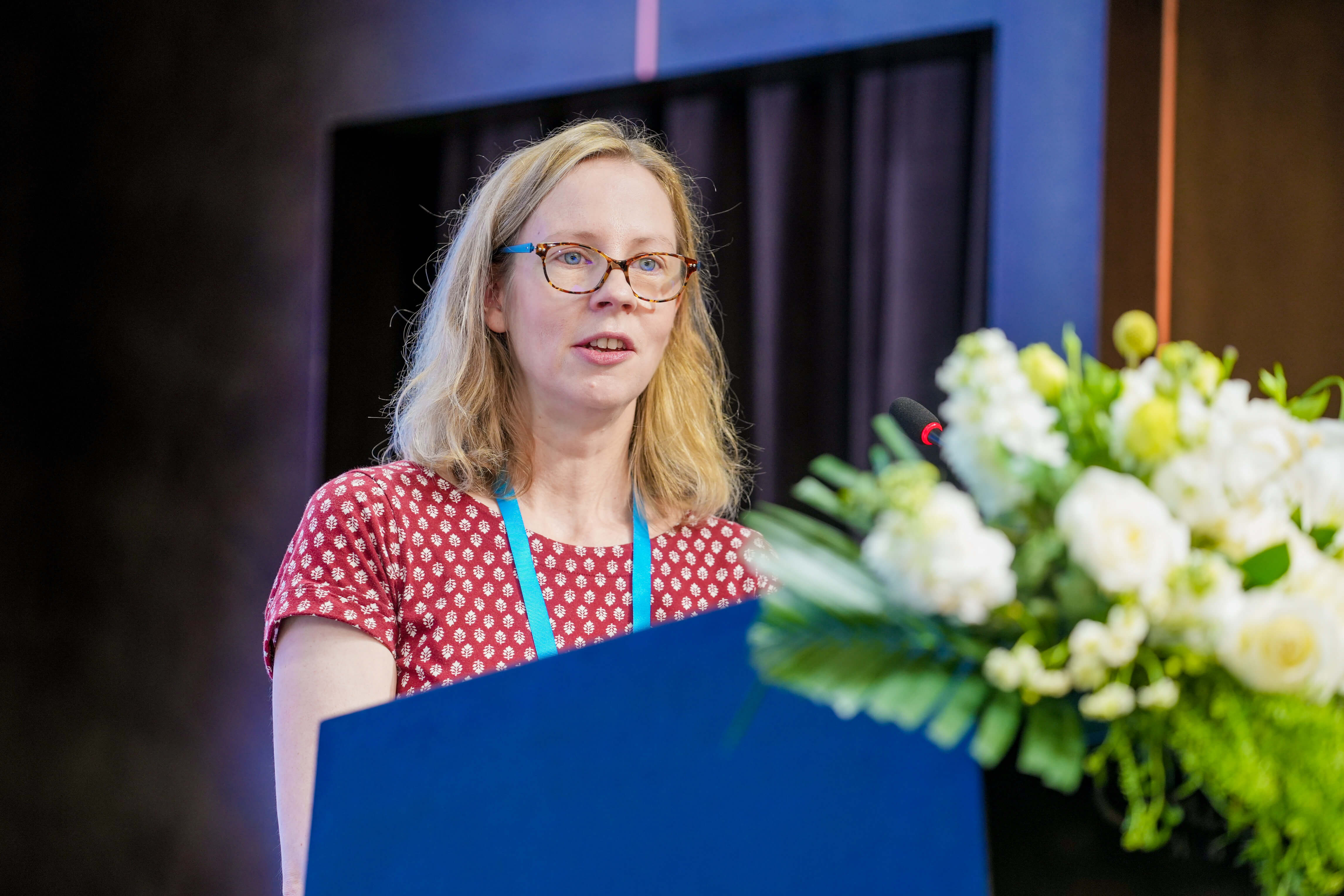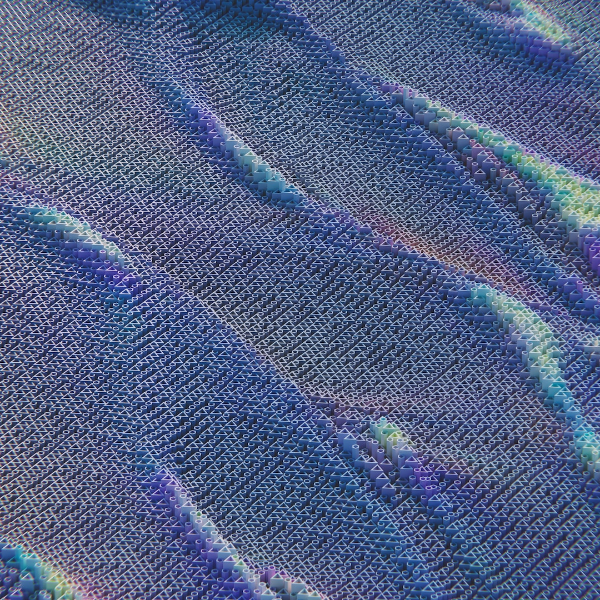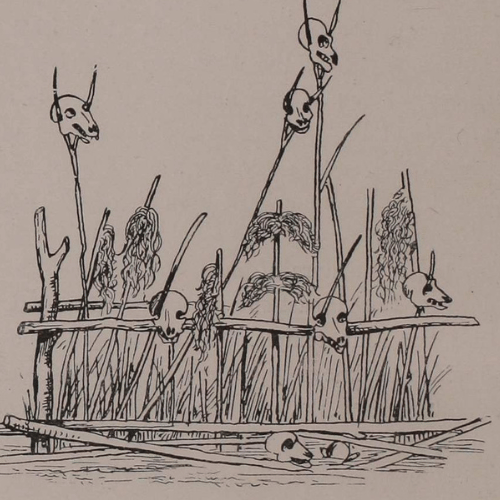Sample Blog Article
January 22, 2025
We’re pleased to share that Hong Zhou, Director of AI Products and Research & Development, is the latest Wiley colleague to join COPE as an Advisor. Elizabeth Moylan, Senior Manager, Research Integrity Strategy & Policy, is another Wiley colleague who also joined COPE as an Advisor in June 2023. We spoke to Hong and Elizabeth to find out more about their roles and how they can best support the work COPE does.
 Hong Zhou, Senior Director of AI Products Management & Research Development
Hong Zhou, Senior Director of AI Products Management & Research Development
 Elizabeth Moylan, Senior Manager, Research Integrity Strategy & Policy
Elizabeth Moylan, Senior Manager, Research Integrity Strategy & Policy
Q: What would you like to bring to the role of COPE Advisor?
Hong: I am passionate about COPE’s mission to uphold the integrity of the scholarly record through collaboration, education, and leadership. I’ve spent over 16 years in scholarly publishing, and as Senior Director of AI Products and Research & Development at Wiley, I’ve supported transitions to open access and open science. These open initiatives are fundamental to supporting research integrity, as greater transparency and access to methodology, data, and protocols ensures the accountability and reproducibility of published research.
My expertise in AI and digital transformation has positioned me to devise creative and strategic solutions to complex ethical dilemmas. I played an active role in helping define Wiley's AI Principles, best practice guidelines, and strategies, and am adept at balancing innovation with ethical responsibility, ensuring that technological advancements serve to strengthen the integrity of the scholarly record and support the responsible development of AI.
Elizabeth: It was great to see COPE announce the role of COPE Advisors in 2023 as a way for more people to support specific projects within COPE or contribute to more general aims that support COPE Council. I’ve enjoyed supporting COPE through working groups such as the Working Group on Paper Mills which grew into a broader collaboration through United2Act. My current focus is on implementing best practices and policies to support research integrity and I’m bringing that aspect to the table to support the work COPE does.
Q: Can you share some of your key contributions to research integrity?
Hong: I led a team of product managers and engineers to design and develop Wiley's first AI-powered Papermill Detection Tool, which identifies multiple signals that can be flags of possible research misconduct. My team also created a comprehensive internal integrity taxonomy to identify and mitigate fraudulent practices.
I've also collaborated with many cross-functional teams across Wiley’s Editorial, Research Integrity, and Product teams to improve workflows and enhance the integrity of scholarly publishing. These collaborations have provided me with a 360 view of the problems I’m trying to solve, before building appropriate tools and solutions.
Elizabeth: I’ve worked in scholarly publishing for 20 years and enjoy working with internal and external groups to strengthen research integrity, including driving pivotal open research initiatives that bring transparency to research and editorial decision-making. My current role typically involves keeping policies and best practices up to date and supporting the work of editors, societies, and internal colleagues. I enjoy working on solutions, whether that is devoloping guidance, codes of practice, open research initiatives, collaborations or challenging the status quo. More recently, it’s been a pleasure to Chair Working Group 2 at United2Act, a cross-industry initiative supported by COPE and the STM Assocation, to discuss ways in which all stakeholders can improve post-publication correction and support the work of COPE Council in contributing to new guidance on the use of Expressions of Concern.
Q. What unique perspectives will your experience bring to COPE?
Hong: My experience at the intersection of AI, digital transformation, and scholarly publishing, especially in product, technology, and strategy, will allow me to bring to COPE a unique perspective in several areas. Through my leadership in developing AI-powered tools for scholarly integrity and successful collaboration with Wiley’s Editorial and Research Integrity teams, I’ve developed a deep understanding of how publishers can address ethical challenges in publishing. I have also been fortunate to work across diverse markets and provide a global view of publication ethics, taking into consideration regional and cultural nuances. As a Chef for The Scholarly Kitchen and Co-Chair of the ALPSP's AI Special Interest Group, I actively contribute to shaping industry discussions on emerging technologies and ethical publishing practices. Additionally, my contributions to AI-enabled workflows, from authoring to peer review and publishing, have enabled improvements to editorial integrity and efficiency.
Elizabeth: Over the years I’ve handled many cases involving research integrity and facilitated the development of best practice guidance and policy to provide support. We all need to work together to tackle the underlying issues that contribute to lapses in research integrity. No one stakeholder can do this alone, and it’s great to see the efforts of United2Act in this space and to see how COPE are bringing together publishers and institutions as members. I hope to facilitate a ‘joined up’ approach to research integrity so we can bring the appropriate people together to change culture, drive progress, and make a difference.
Q: What do you see as the biggest challenges facing research integrity, and how do you plan to help address them with COPE?
Responsibility and prevention: A collective effort
Hong: The biggest challenge is that research integrity is not just a technological issue nor solely the responsibility of publishers. It requires a collective effort involving publishers, institutions, researchers, and funders. The focus should not only be on detecting integrity breaches but also on preventing misconduct and handling cases efficiently, once detected.
Working with COPE, I will promote education and training on ethical practices for researchers, advocate for collaborative frameworks to share data and best practices, contribute to discussions on integrating AI tools with ethical guidelines, and help develop educational resources on responsible AI use aligning with COPE’s guidelines.
Elizabeth: The scholarly publishing community continues to see a rise in large-scale paper mill investigations in recent years. We need collaborative action from all stakeholders to tackle the root causes. United2Act has made great strides bringing stakeholders together and providing guidance and resources. I hope that COPE continues to be involved in the next steps of this work, especially through their work with publishers and institutions in accordance with the objectives and goals outlined in their strategic priorities from 2025-2028.
Final thoughts:
Hong and Elizabeth: As we look ahead, the future of research integrity and ethical publishing is bright, thanks to the collaboration facilitated by COPE. We should maintain our focus on collaboration, transparency, and continuous improvement so we can all look forward to a scholarly landscape that not only upholds the highest standards of integrity but also embraces the transformative potential of technology.
About COPE
The Committee on Publication Ethics (COPE) is dedicated to promoting integrity in scholarly research and its publication. They provide leadership and an unbiased expert voice, while offering education and support to all those involved in scholarly publishing.
COPE Advisors are volunteers who share their knowledge and expertise in specific areas relevant to publication ethics, to support the COPE mission. They serve on COPE subcommittees or working groups, and the Board of Advisors.











